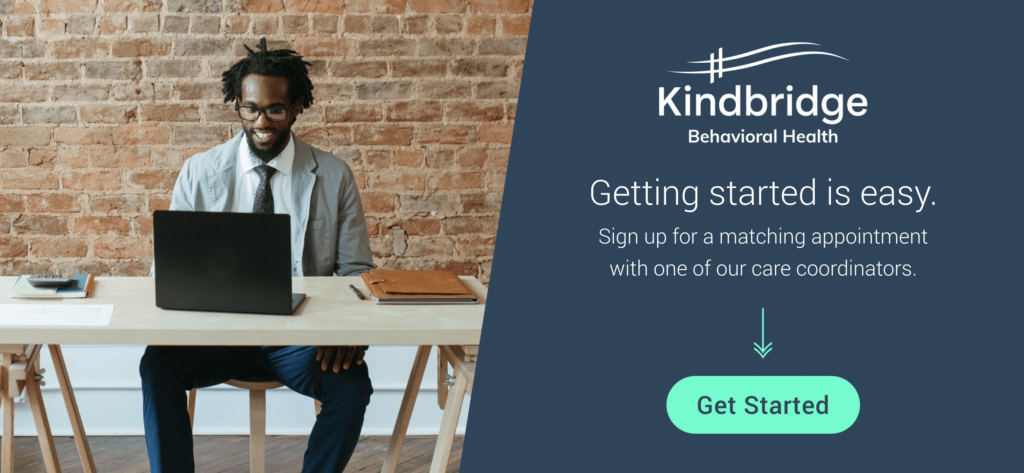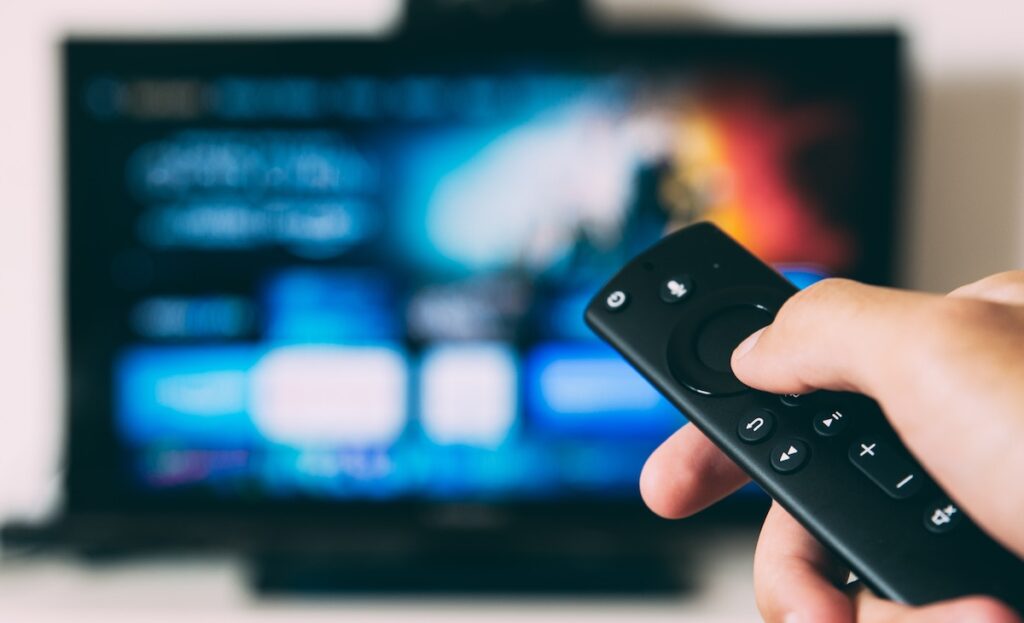If you struggle with or are concerned about your risk of developing gambling disorder then you probably know to avoid problem gambling triggers. A trigger is an emotional, environmental or social situation that can stir up strong emotions that lead to the impulse to keep gambling or relapse from recovery.
Some triggers are obvious. For instance, you know to avoid visiting physical places that offer sports betting and casino gaming. You also know that the use of recreational mind-altering substances (alcohol and psychoactive drugs) cloud your judgement. Unfortunately, trigger avoidance is more complicated than that. There are other less conspicuous scenarios that inflate your risk. By becoming aware of what these camouflaged cues are you may avoid falling prey to problematic gambling behavior.
6 Other Situations and Scenarios that Can Cause You to Gamble When You’re Trying to Stop
Watching TV
This one may not come as a surprise. If you watch cable TV during , before, or after televised sporting events and/or stream games that allow commercials then you know what we’re talking about. Sports betting advertising is everywhere, and these ads are direct and powerful triggers. You don’t have stop watching TV or even sports for that matter, but you do need to be mindful of the risk. Armed with this awareness, please follow these tips to reducing exposure to sports betting ad triggers.
Surfing Online
Consuming content on your smartphone is an even greater trigger than TV because the ads/offers that come across your mobile interface include links that open up gambling apps that may already be on your phone. Not only will these ads be delivered when streaming sporting events or reading supposed news, they may come from cookies that were stored on your device from past gambling site browsing and gaming. As a result, your primary form of daily communication becomes a weapon against your desire to stop gambling.
Put the “safety on” immediately by clearing the history and cookies from your device. Follow the instructions for iOs devices and for Android. Moreover, delete existing casino, sportsbook, and fantasy sports apps from your smartphone and consider downloading apps like Gamban which block access to betting websites and apps from your device.
Playing Games
Did you know that video game players (gamers) are 4.3 times more likely to participate in gambling? If you’re an at-risk gambler you need to be mindful of this. Avoid video games with gambling crossover potential, specifically those that literally promote gambling such as Grand Theft Auto. Otherwise, ensure that you practice responsible gaming when playing games such as Overwatch and the like. Video games can be a lot of fun as long as you participate with care.
Sporty Social Gatherings
A number of social gatherings may trigger you to gamble. UFC PPV, March Madness, and Super Bowl parties are ripe with betting related conversations between friends and family. If these gatherings take place with alcohol in the mix inhibitions will subside and you may be tempted to gamble. If comfortable telling your social circle about your problem you can ask that they keep related conversations at bay. If not, you may have to sit out of social gatherings that are tied to sports betting.
Living with Behavioral and Mood Disorders
Research shows that people with gambling problems often experience co-existing issues such as depression and anxiety disorders. Further, the dopamine response (or “high”) from gambling can make it a coping mechanism for anxiety, stress, and depression. By putting off professional help for anxiety, stress, and/or depression you not only reduce your quality of life, you may also increase your risk of problematic gambling behavior.
Taking Prescription Medications
This one comes as a big surprise to many. If you are taking certain prescription medications commonly used to treat a wide range of health conditions you could be triggered to gamble. Please take note of these three types of prescription drugs that are known to increase the risk of problematic gambling behavior.
Concerned About Your Risk?
Kindbridge’s virtual treatment center for gambling disorder offers support services in a confidential, safe, and welcoming environment. If you’re concerned about the triggers that may make you gamble when you want to stop, please click the banner below:


